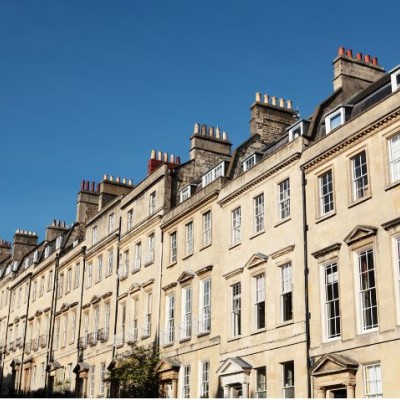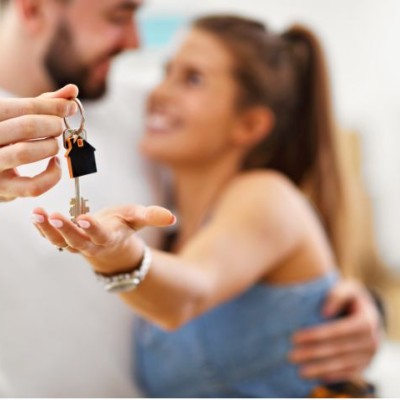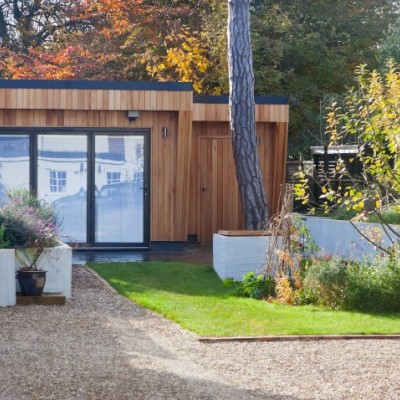- Home
- News and What's Going On At Leaders
- How to extend the lease or buy the freehold to your property
How to extend the lease or buy the freehold to your property

If you own a property on a leasehold basis, there are many advantages of either extending the lease to protect your asset or buying the freehold to the property so that you own it outright and are no longer liable for ground rent and have more control over the level of service charges.
How to extend leasehold
The good news is that, providing you meet the requirements set out in the Leasehold Reform Housing & Urban Development Act 1993, you should be able to extend your lease by 90 years. The key requirement is that you must have owned the property in question for at least two years at the point at which you apply to extend the lease.
Failing to extend a lease can be costly as a property with a short lease – anything under 80 years – can lose value on the property market. This is because marriage value, calculated as a proportion of the capital value added by extending a lease, is charged when a lease has less than 80 years to run, making it more expensive to extend when this time is reached.
In addition, when the time comes to exit your investment, selling a property with a short lease can be more difficult so it can pay to extend it early in your project.
So how much will it cost? The answer to this depends on a number of factors, including the number of years left on the lease, the value of the property, the value of any improvements you have made, annual ground rent and the expected return on any investments. It is a complex calculation, but it is open to negotiation so you may be able to strike a deal with the freeholder. Alternatively you can instruct Leaders to act on your behalf as our team of experts are experienced when it comes to dealing with these negotiations. Or you can wait for a decision by tribunal.
Buying a share of freehold
Legislation exists that gives you the right to buy a share of the freehold if you own a flat, providing you and other leaseholders agree to do so.
Known as collective enfranchisement, the legislation can be applied when at least 50 per cent of flats in a building agree to participate, at least two-thirds are held on qualifying leases and any single leaseholder does not own more than two flats in the block.
In addition, the building will only qualify for collective enfranchisement if no more than 25 per cent of the floor space is for non-residential use and there is a vertical division, i.e. no part of the building is positioned over or above another freehold property.
There are three main advantages of buying a share of the freehold of your property. The first is that you will no longer have to pay ground rents to the freeholder and have more control over service charges, allowing you to choose to have works carried out at times and costs to suit you.
Secondly, if you own a share of freehold of a flat, you will still need a lease but this can be extended for free by you and the other freeholders. Finally, acquiring the freehold or a share of it can add value to your property. In particular, if your lease was previously a short one, buying the freehold can add thousands to the price of a flat.
Looking for advice?
If you're looking to let or sell your property, we can help. Get in touch with your local branch or book in for a property valuation.

Contact Us
Got a question, general enquiry or something else?
You may also like
Since we started in 1983 we have grown to one of the UK’s largest property groups, we can save you time and money by offering a range of services and expertise under one roof.



